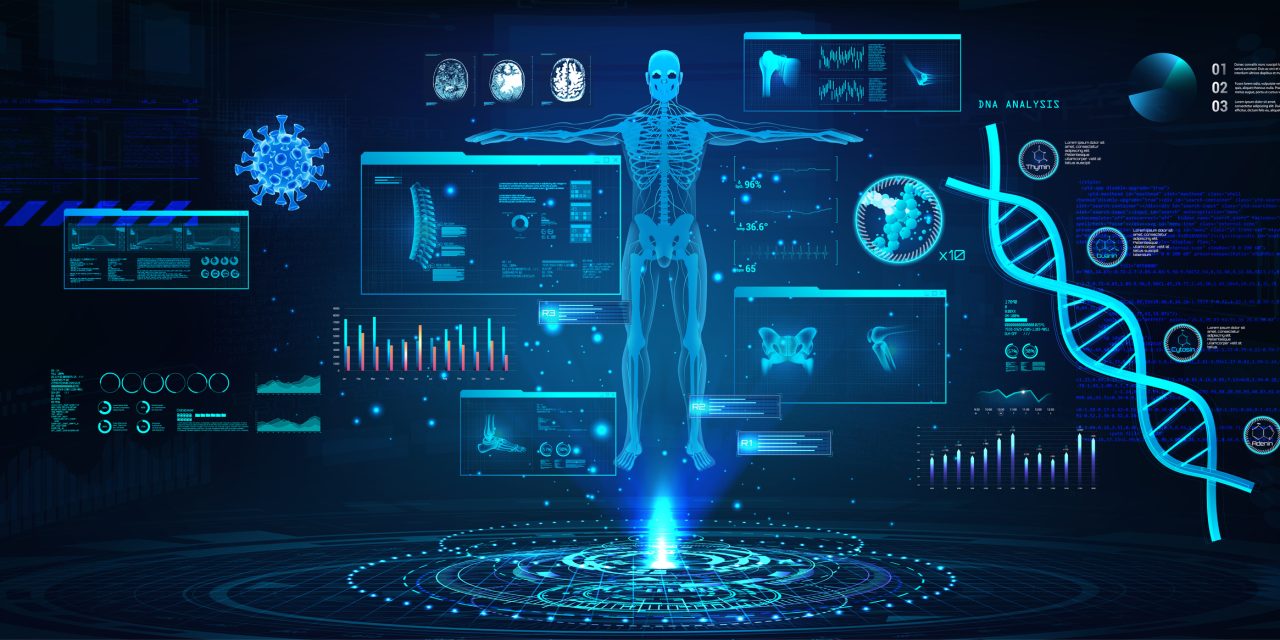Osteoarthritis (OA) is a general joint disease. Cartilage damage is associated with a decrease in the density of chondrocytes. Mesenchymal stem cells (MSCs) differentiate into adipocytes, osteocytes and chondrocytes, and are an excellent source of cell therapy. Cartilage-derived extracellular matrix (ECM) promotes chondrogenesis of MSCs. However, the role of MSCs stimulated by ECM is not well known in OA. The purpose of this study is to determine the role of specific factors generated by the application of ECM and umbilical cord blood-derived mesenchymal stem cells (UCB-MSCs) in managing OA symptoms. Cartilage acellular matrix (CAM), which is a cartilage-derived ECM, was used to promote the chondrogenesis of UCB-MSCs. Induced MSCs were analyzed using chondrogenic markers (aggrecan, collagen type 2, and SOX9) and bone morphogenic protein 6 (BMP6). BMP6 is known to be involved in early chondrogenesis of MSCs. As a result, treatment with CAM significantly increased the expression of chondrogenic markers and BMP6 in UCB-MSCs. Treatment with recombinant human BMP6 also dramatically increased the levels of chondrogenic markers in UCB-MSCs. In addition, UCB-MSCs and CAM were used to evaluate OA symptom improvement in a rabbit articular cruciate ligament transection (ACLT) model. Application of UCB-MSCs and CAM enhanced not only the structure and synthesis of proteoglycan and collagen type 2 but also anti-inflammatory effects in both rabbit joint and synovial fluid. Moreover, the detection of human cells and involvement of BMP6 were confirmed in rabbit cartilage tissues. This study indicates that therapeutic potential of UCB-MSCs with CAM is mediated via BMP6 in OA.
Therapeutic Effects of Human Umbilical Cord Blood-Derived Mesenchymal Stem Cells Combined with Cartilage Acellular Matrix Mediated Via Bone Morphogenic Protein 6 in a Rabbit Model of Articular Cruciate Ligament Transection.


